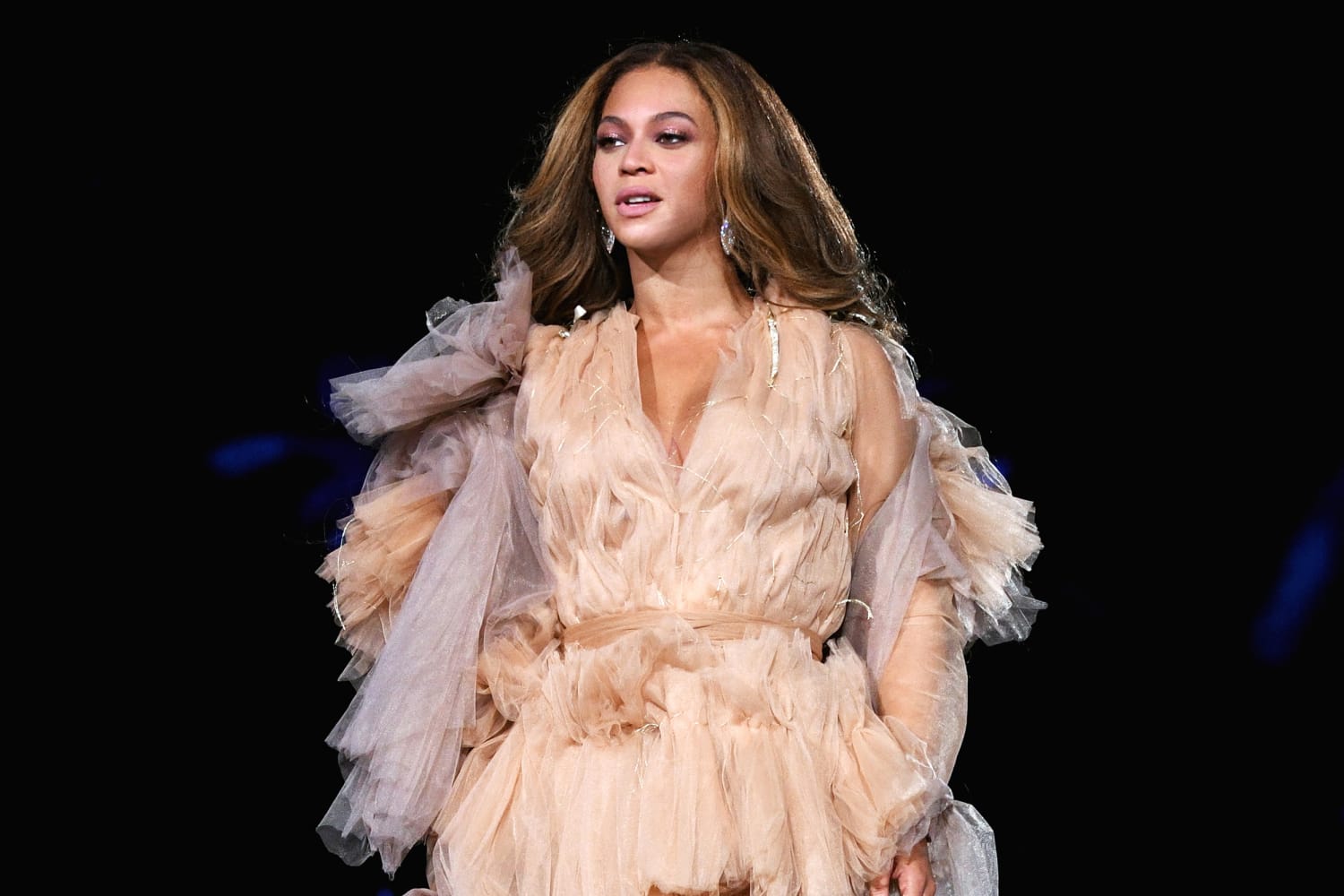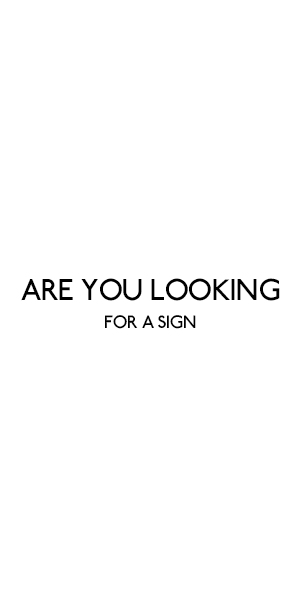In the song “Heated”, co-written with rapper Drake, Beyoncé, 40, used a derogatory term for spastic diplegia, a form of cerebral palsy, in the lines: “Spazzing on that a**, spaz on that a**. A representative for the musician told Insider on Monday the lyric will be changed, saying: “The word, not used intentionally in a…
In the song “Heated”, co-written with rapper Drake, Beyoncé, 40, used a derogatory term for spastic diplegia, a form of cerebral palsy, in the lines: “Spazzing on that a**, spaz on that a**.
A representative for the musician told Insider on Monday the lyric will be changed, saying: “The word, not used intentionally in a harmful way, will be replaced.” In June, musician Lizzo, 34, was also criticised for using the same term in the song “Grrrls” from her new album, “Special”.
She apologised and replaced the lyric, saying she had never wanted to “promote derogatory language”, adding: “As a fat black woman in America, I have had many hurtful words used against me, so I understand the power words can have (whether intentionally, or in my case, unintentionally.)”
In the UK, the controversial term in question is widely considered offensive, placing second in a 2003 BBC survey of the most offensive terms in Britain relating to anyone with a disability.
But in the US it still appears in more common use. She apologised and replaced the lyric, saying she had never wanted to “promote derogatory language”, adding: “As a fat black woman in America, I have had many hurtful words used against me, so I understand the power words can have (whether intentionally, or in my case, unintentionally.)”

In the UK, the controversial term in question is widely considered offensive, placing second in a 2003 BBC survey of the most offensive terms in Britain relating to anyone with a disability.
But in the US it still appears in more common use. Australian writer and disability advocate Hannah Diviney said Beyoncé’s commitment to musical and visual storytelling did not “excuse her use of ableist language – language that gets used and ignored all too often”. The campaigner added: “Language you can be sure I will never ignore, no matter who it comes from or what the circumstances are.








